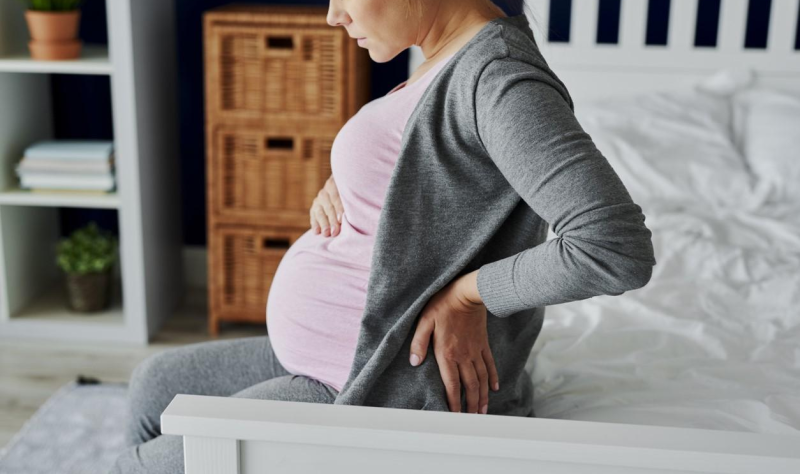COVID vaccination cuts risk of long-term symptoms in teens by over a third, data suggest
The COVID-19 vaccine is unique in having this effect on progression to a chronic condition, despite infection, the researchers say.


The risk of long COVID was 36% lower in adolescents vaccinated within 6 months before their first infection than in their unvaccinated peers, suggests an analysis of US Researching COVID to Enhance Recovery (RECOVER) trial data published late last week in Vaccine.
The study, led by Massachusetts General Hospital researchers, involved 724 adolescents aged 12 to 17 years who were vaccinated against COVID-19 within the previous 6 months and 507 unvaccinated youth matched on sex, symptom onset, and enrollment date.
Participants were recruited from more than 60 healthcare and community settings, and 86% of vaccinated adolescents reported receiving at least two doses within 18 months before their first COVID-19 infection.
RECOVER-Pediatrics is an observational cohort study of long COVID (LC) based on caregiver-reported survey data that retrospectively analyzes the link between vaccination status and long COVID in youth infected from February 2022 to November 2024, during predominance of the Omicron variant.
“Studies have shown vaccination to be protective against LC in adults, but evidence in pediatric populations is limited and conflicting,” the investigators wrote. “Most studies are electronic health records-based or only include patients from post-COVID clinics.”
Vaccination can lower risk 3 ways
Among infected participants, the risk of LC was 20.7% in unvaccinated participants and 13.3% in vaccinated youth (relative risk [RR], 0.64). The risks of severe persistent symptoms were 6.1% and 4.7% in the unvaccinated and vaccinated groups, respectively (RR, 0.77).
Given the profound impact LC can have on the health and well-being of adolescents and the limited availability of treatments during this developmental stage, this supports vaccination as a strategy for preventing LC by demonstrating an important secondary prevention effect.
The risk of long-term symptoms was 36% lower in vaccinated participants. A sensitivity analysis showed slightly attenuated adjusted RRs (0.74 for long COVID and 0.87 for severe long COVID; risk reduction, 26% and 13%, respectively).
COVID-19 vaccination can lower the risk of long COVID by preventing infection, reducing disease severity, and perhaps by mitigating the longer-term pathophysiologic response to infection, the researchers said.
“The COVID-19 vaccine is relatively unique in having this effect on progression to a chronic condition, despite infection,” they wrote. “This highlights that even if infection occurs, recent vaccination still has a protective effect on LC risk.”
The authors said that the estimate of vaccine effectiveness beyond infection prevention may be conservative, because the study focused on long COVID present at enrollment and didn’t consider intermittent lingering symptoms or subclinical long COVID.
“Given the profound impact LC can have on the health and well-being of adolescents and the limited availability of treatments during this developmental stage, this supports vaccination as a strategy for preventing LC by demonstrating an important secondary prevention effect,” they concluded.



.jpg)